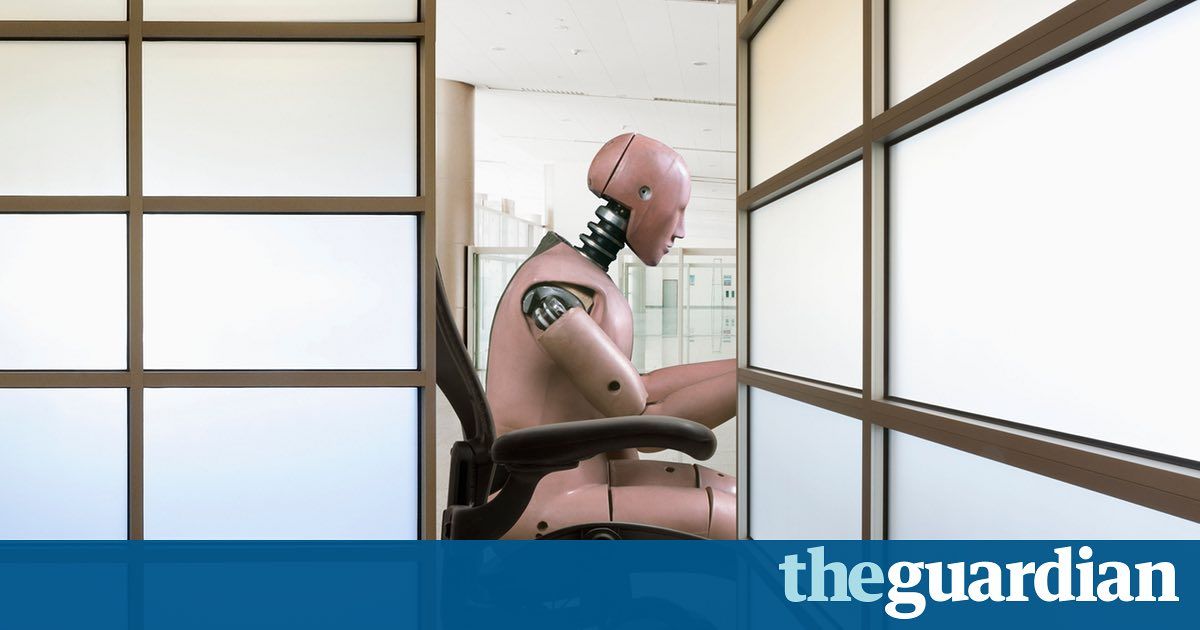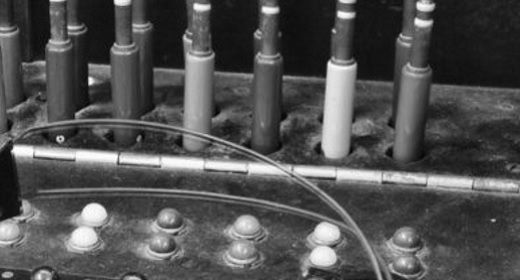Page 10489
Oct 15, 2016
Brain implant provides sense of touch with robotic hand – and that’s just the start
Posted by Elmar Arunov in categories: biotech/medical, computing, robotics/AI
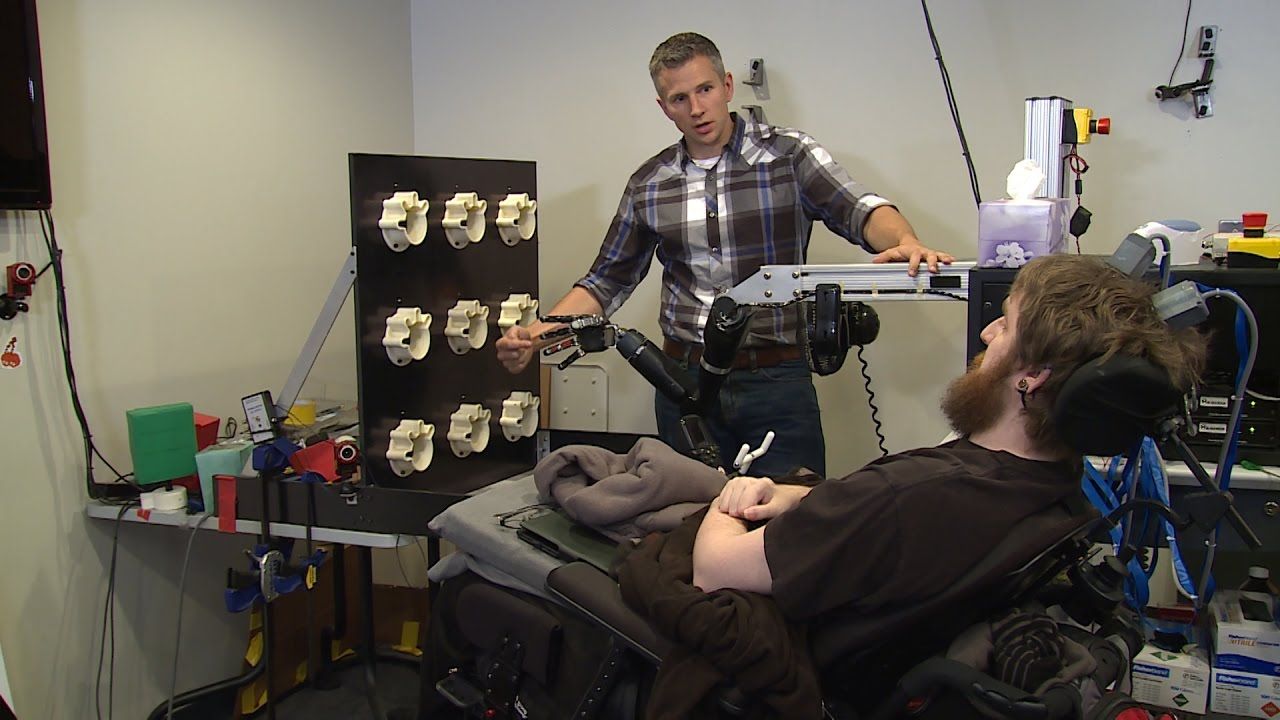
A dozen years ago, an auto accident left Nathan Copeland paralyzed, without any feeling in his fingers. Now that feeling is back, thanks to a robotic hand wired up to a brain implant.
“I can feel just about every finger – it’s a really weird sensation,” the 28-year-old Pennsylvanian told doctors a month after his surgery.
Oct 15, 2016
Schools not preparing children to succeed in an AI future, MPs warn
Posted by Elmar Arunov in categories: education, robotics/AI
Cross-party report suggests the education system must be adapted to “focus on things that machines will be less good at for longer”
Oct 15, 2016
Scientists may have identified the genes responsible for ageing
Posted by Karen Hurst in categories: biotech/medical, life extension, neuroscience
Researchers have discovered a link between a protein and aging
A protein found within the powerhouse of a cell could be the key to holding back the march of time, research by scientists at The University of Nottingham has shown and the discovery could offer a new target for drugs that may help to slow the debilitating effects of ageing on our bodies.
Their research, published in the academic journal Aging, could have special significance for combatting age related decline and halting the progression of neurodegenerative conditions such as Alzheimer’s and Parkinson’s Disease.
Continue reading “Scientists may have identified the genes responsible for ageing” »
Oct 15, 2016
Obama pushes US goal to send humans to Mars
Posted by Karen Hurst in categories: government, habitats, space travel
WASHINGTON (AP) — President Barack Obama sought Tuesday to reinvigorate his call for the U.S. to send humans to Mars by the 2030s, showcasing budding partnerships between the U.S. government and commercial companies to develop spacecraft capable of carrying out the extraterrestrial mission.
Obama was calling attention to government contracts awarded to six companies to build prototypes for “habitats” that could sustain human life in deep space. He also said that within two years, private companies will send astronauts to the International Space Station, part of a program to allow companies to use an open docking port on the station to develop their own innovations.
“These missions will teach us how humans can live far from Earth, something we’ll need for the long journey to Mars,” Obama wrote in an op-ed on CNN’s website. He said the ultimate goal is for humans eventually to stay on the red planet “for an extended time.”
Continue reading “Obama pushes US goal to send humans to Mars” »
Oct 15, 2016
Experiment to weigh ‘ghost particles’ starts in Germany
Posted by Karen Hurst in category: particle physics
BERLIN — Scientists in Germany have flipped the switch on a 60 million euro ($66 million) machine designed to help determine the mass of the universe’s lightest particle.
The Karlsruhe Tritium Neutrino experiment, or KATRIN, began tests Friday and is expected to begin making actual measurements next year.
Physicists at the Karlsruhe Institute of Technology hope the 200-metric-ton (220-ton) device will narrow down or even pinpoint the actual mass of neutrinos.
Continue reading “Experiment to weigh ‘ghost particles’ starts in Germany” »
Oct 15, 2016
Expert says the key to living longer is our RNA
Posted by Karen Hurst in categories: biotech/medical, life extension
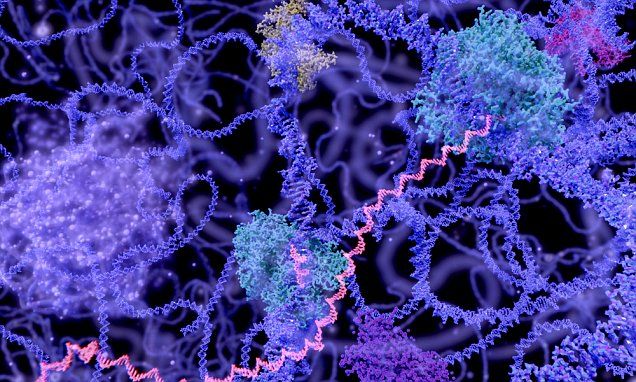
Wonder if my friends Alex and Ray have read this.
An expert at the University of California discusses how spliced RNA could decipher ‘normal’ aged cells from pre-cancerous and cancerous ones, which could lead to detecting aging cells.
Continue reading “Expert says the key to living longer is our RNA” »
Oct 15, 2016
What Is The Meaning Of Life If Society Doesn’t Need You To Work Anymore?
Posted by Karen Hurst in category: employment
Interesting perspective.
By David J Hill: If you have a job, odds are society benefits from your work, and theoretically, the compensation you receive is how the marketplace values your contribution…
Oct 15, 2016
Why Duct Tape and Cardboard Might Be a Better Option than a 3D Printer
Posted by Karen Hurst in category: 3D printing
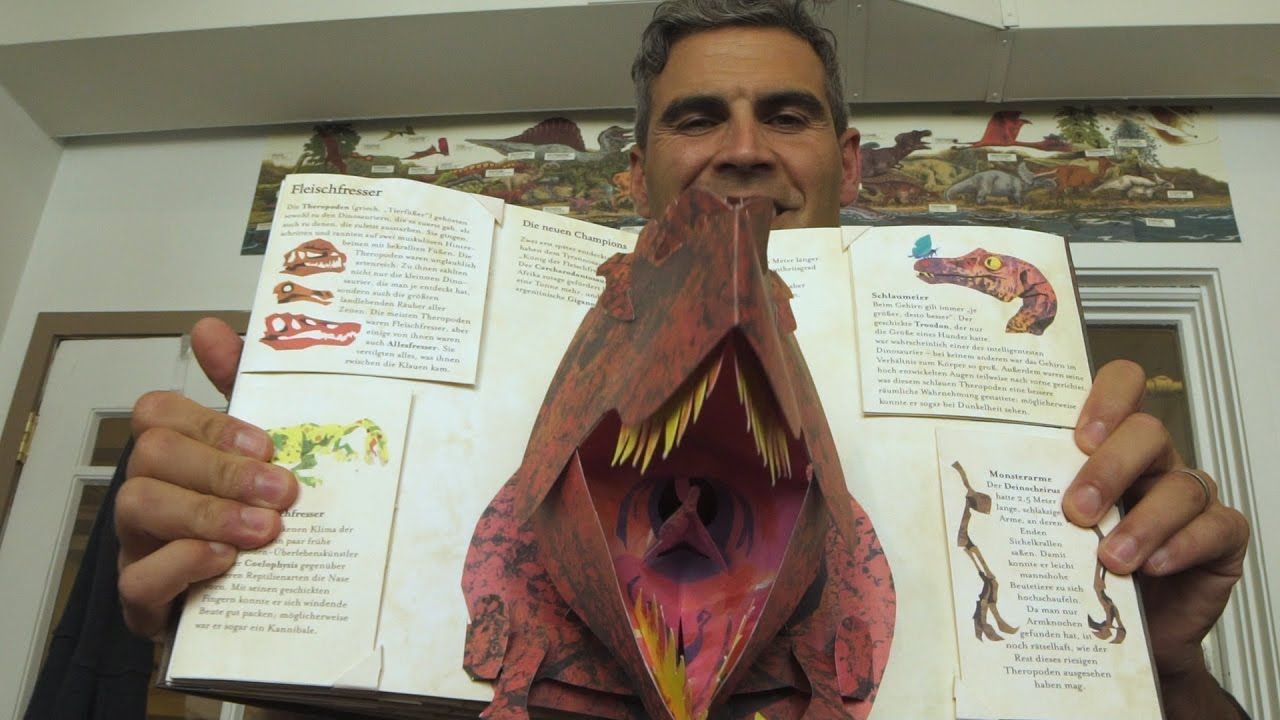
Another POV for 3D Printing.
This is the third post in a series on vintage learning.
Continue reading “Why Duct Tape and Cardboard Might Be a Better Option than a 3D Printer” »
Oct 15, 2016
IEEE Reboots, Scans for Future Architectures
Posted by Karen Hurst in categories: computing, information science, quantum physics, solar power, sustainability
If there is any organization on the planet that has had a closer view of the coming demise of Moore’s Law, it is the Institute of Electrical and Electronics Engineers (IEEE). Since its inception in the 1960s, the wide range of industry professionals have been able to trace a steady trajectory for semiconductors, but given the limitations ahead, it is time to look to a new path—or several forks, to be more accurate.
This realization about the state of computing for the next decade and beyond has spurred action from a subgroup, led by Georgia Tech professor Tom Conte and superconducting electronics researcher, Elie Track called “Rebooting Computing,” which produces reports based on invite-only deep dives on a wide range of post-Moore’s Law technologies, many of which were cited here this week via Europe’s effort to pinpoint future post-exascale architectures. The Rebooting Computing effort is opening its doors next week for a wider-reaching, open forum in San Diego to bring together new ideas in novel architectures and modes of computing as well as on the applications and algorithm development fronts.
According to co-chair of the Rebooting Computing effort, Elie Track, a former Yale physicist who has turned his superconducting circuits work toward high efficiency solar cells in his role at startup Nvizix, Moore’s Law is unquestionably dead. “There is no known technology that can keep packing more density and features into a given space and further, the real issue is power dissipation. We just cannot keep reducing things further; a fresh perspective is needed.” The problem with gaining that view, however, is that for now it means taking a broad, sweeping look across many emerging areas; from quantum and neuromorphic devices, approximate computing, and a wide range of other technologies. “It might seem frustrating that this is general, but there is no clear way forward yet. What we all agree on is that we need exponential growth in computing engines.”
Continue reading “IEEE Reboots, Scans for Future Architectures” »

